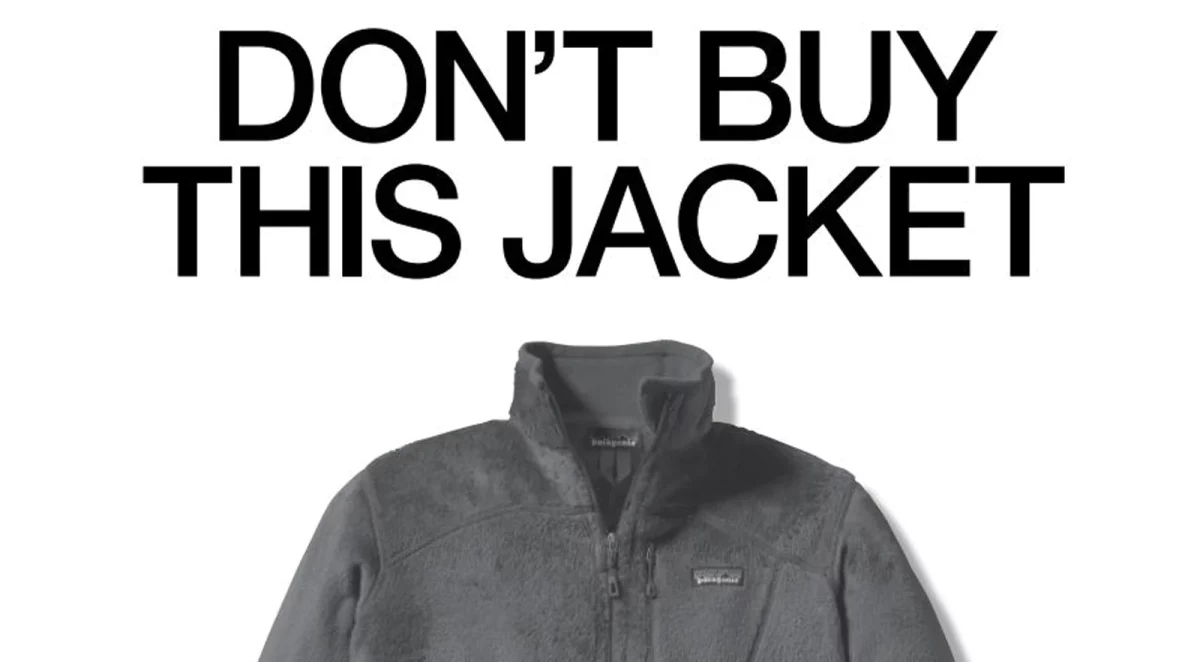It’s fair to say that we have been ensnared in a nightmare-ish cycle since the Covid-19 days in 2020 altered our lives and perspectives forever…
From a global pandemic that had death and fear surrounding all of us, the 2020 stock market crash, and the tragic murder of George Floyd with its aftermath; then came a devastating explosion in Beirut, unrelenting global wildfires, a tense US election, mass shootings, dreadful winter storms and heatwaves, the Russian invasion of Ukraine, and now we are witnessing the harrowing tragedy unfolding in Palestine.
It feels like we haven’t caught a breath, forever stuck in processing what has been happening. We’re tired. It’s no lie. Mass lay-offs, recession. Mental health statistics are alarming, with suicide amongst the leading causes of death worldwide. We have been caught in our oldest instincts of survival, producing capital on autopilot, and desperate for social and leisure time to catch a break. Consequently, our purchasing habits (as well as the way we relate to brands) look very different.
These past three years have completely changed the way brands should approach their audiences
As participants in society, brands need to showcase their empathy, values and CSR more than ever before. They have to remove the friction between consumers and society — that is, taking care of the world we live in through easily accessible, ethical, and mindful products. Yes, we’re tired. The current zeitgeist is far from promising. On top of the ongoing global issues we are being asked to consume organic food, recycle, and purchase +500$ ethical apparel.
We don’t want to be heroes anymore — we’re barely scraping by.
Brands need to make it easy for us to make purchasing decisions that ensure the well-being of others and/or the earth. And this doesn’t necessarily mean vegan burgers or ethically made sweaters. It’s about understanding what your audience cares about.
Let’s take a look at Patagonia — definitely not your usual, commercial brand by any means: Patagonia is a brand that understood the brief (and context) perfectly. When its founder, Yvon Chouinard, developed rock climbing pitons as the first Patagonia product, he didn’t realize these pitons were leaving huge marks on cliffs. These same pitons were the core of the brand — the very product that gave it its success. However, instead of looking the other way, he threw out the piton design and developed new rock climbing gear, now leaving nature unharmed.
Patagonia understands that its customers (adventure seekers and nature lovers) need a healthy Earth, first and foremost
So they made it a priority to donate to environmental causes and encourage against mass consumption with campaigns such as their famous Don’t Buy This Jacket, where they educated their audience on the consequences of mass manufacturing with their new jacket launch. This might seem counter-intuitive, but Patagonia is doing better than ever. And that shouldn’t be a surprise.
The consumer has arguably, a lot on their plate at the moment. Conscious decisions need to be made easy to be implemented across the globe. Brands have to come through offering ‘no-brainer’ products — not because of their price, or utility, but because they remove that same friction or issue, that damages a part of our society, or planet. It’s all about empowering the customer.

Words like reach and brand awareness are not as meaningful today. The only thing that separates a brand from massive reach numbers is a fat budget. And as we all know, that is simply not enough. In fact, it’s almost useless. What are these brands offering to us, as a societal compound, and not as an individual with a wallet?
It’s time to lead with empathy and care. Emotion, that is…
As some old-fashioned marketeers would say, a ‘love brand’ — a brand that has a legion of supporters because of its values, tone of voice, and communications strategy, knocking right on the hearts of a very specific audience; an audience that has been studied and analysed inside out to get to know their behaviours, pain points, passions, hobbies and a large etcetera.
In 2023, the term ‘love’ or ‘passion’ brand is no longer a unique concept. All brands should aim for ‘love’ status — if they refuse to do so, all that is left for them is inevitable doom.
Brand management teams, founders, and executives must acknowledge that these brands are not entities outside of our global circle, but otherwise need to start engaging in society the same way your neighbour would. As a strategist, and above all, a human with consumption habits and passions, I exclusively champion passion brands. It’s the only way forward. There is no other way, strategy, or budget, that would allow a brand to manoeuvre through 2024 without commitment to something greater than product sales. The reason is simple — there is no paid media strategy that can substitute the grip and loyal following a passion brand has. If you add the context of a historically exhausted audience, the answer is obvious: these brands need to lend us a hand by developing socially conscious products.
It’s time to shift the paradigm.
Featured image: Marcos Paulo Prado / Unsplash
































